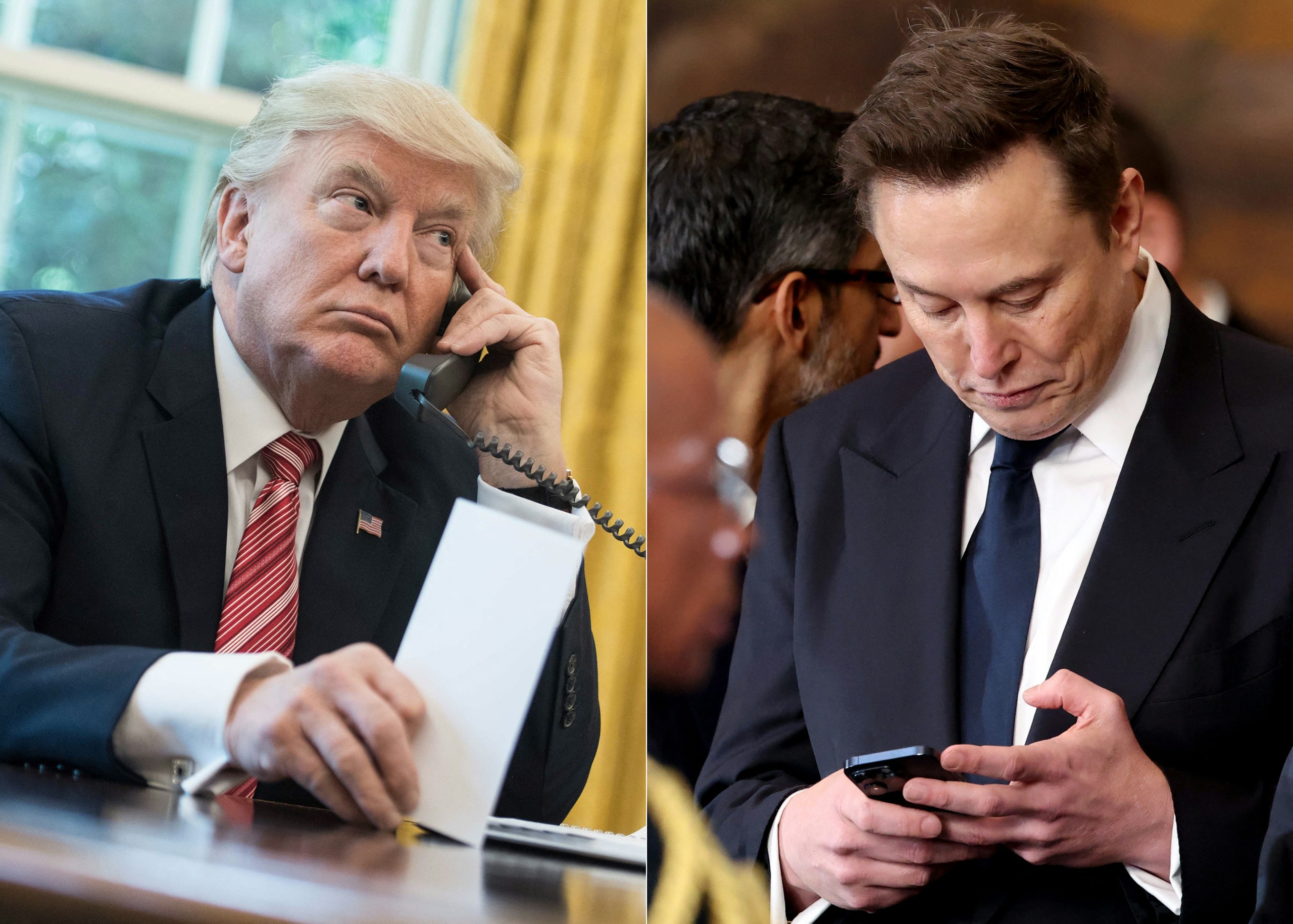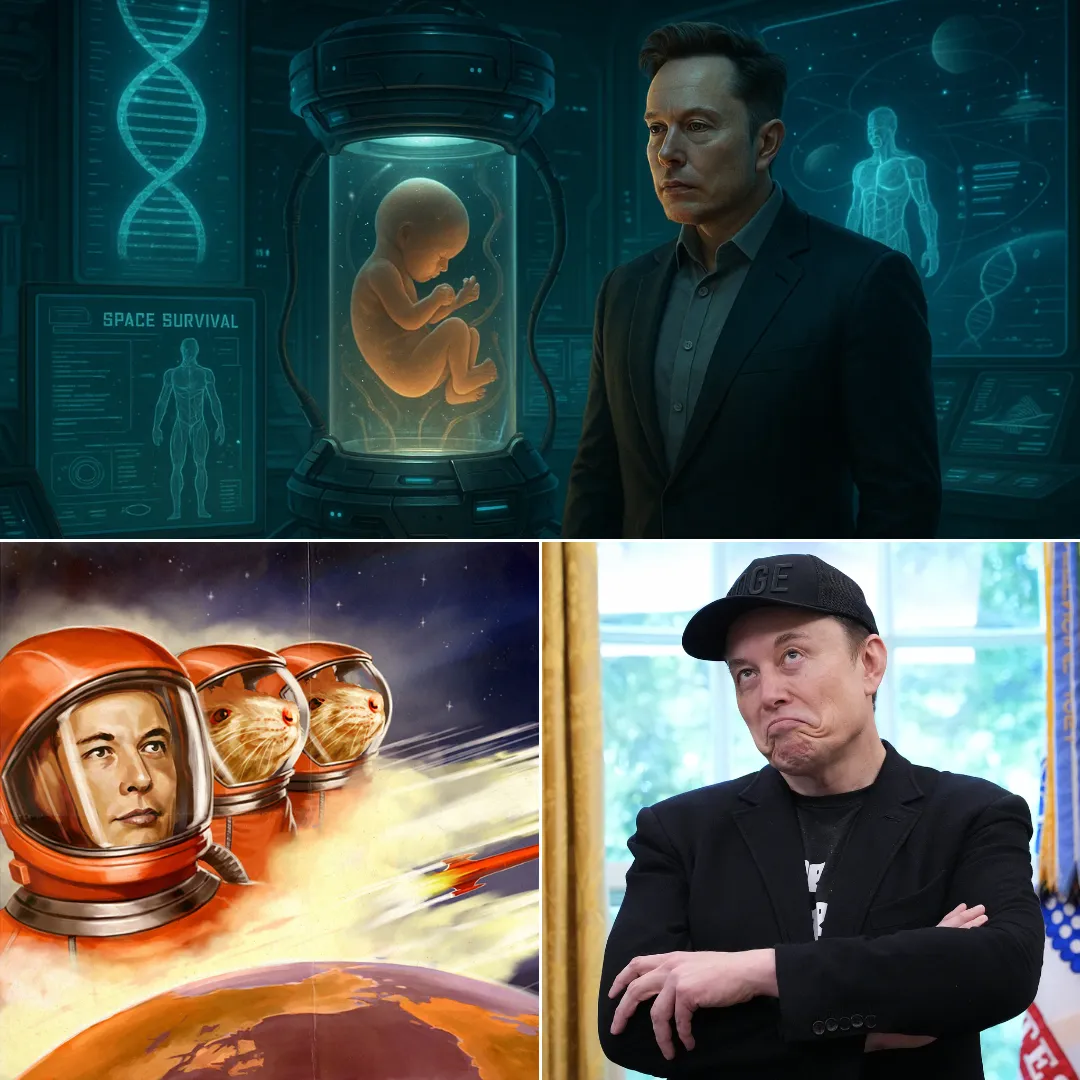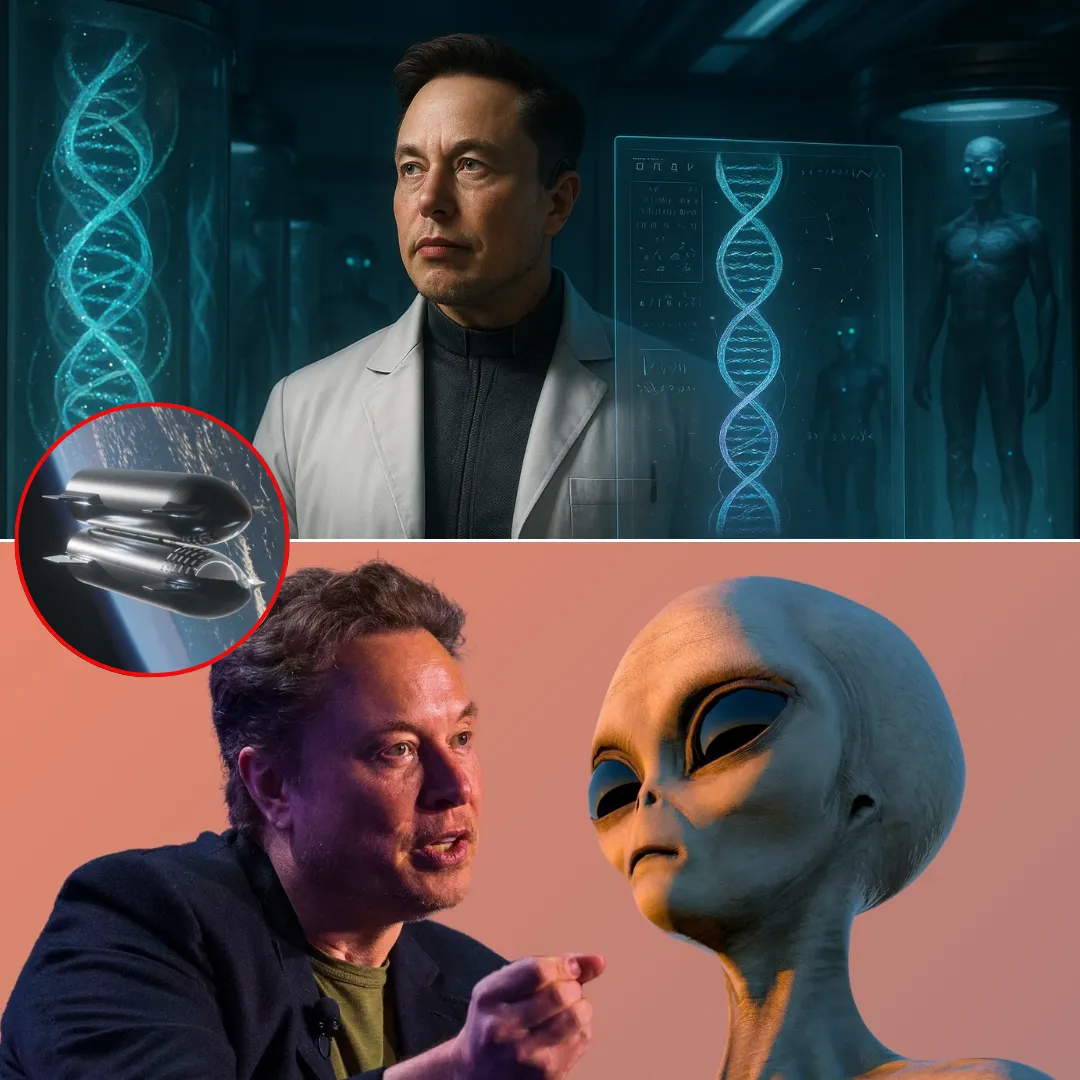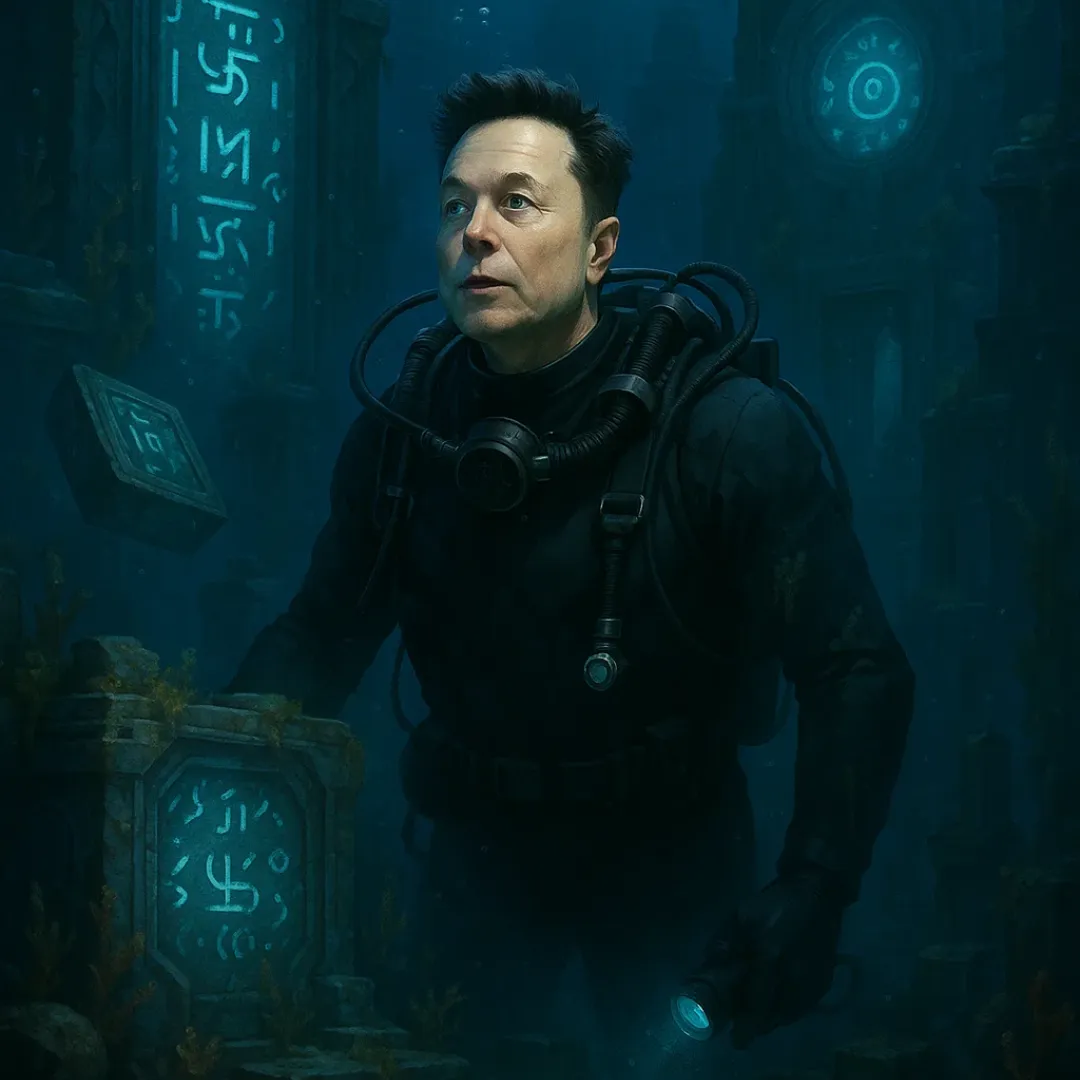
The relationship between billionaire Elon Musk and President Donald Trump has taken a dramatic turn. The ongoing tension reached a peak recently when President Trump called for the Department of Government Efficiency (DOGE) to review the government subsidies received by Tesla and Musk's other companies.
This call was made with the aim of saving the U.S. government a substantial sum, with Trump pointing out that Musk’s companies could be drawing more subsidies than any other business in history.
In a statement on social media, Trump voiced concern over Musk's dependence on these government funds, suggesting that without them, Musk's companies might be forced to shut down operations.
Trump’s comments were triggered by Musk’s outspoken criticism of a comprehensive tax and spending bill that had been passed by Congress. Musk, who has been a vocal critic of government spending and taxes, made headlines with his comments following the Senate’s deliberations on the bill.
He indicated that he would target and "oust" legislators who supported the bill, claiming that the proposed fiscal policies would lead to unnecessary government overspending.
The President’s tweet, which suggested that Musk could be receiving excessive government subsidies, was blunt in its criticism. He remarked that without subsidies, Musk might have to shut down his operations entirely, going so far as to speculate that Musk would be forced to return to his home country of South Africa.
Trump emphasized that without government funds, Musk’s ventures, including his rocket launches, satellite programs, and electric vehicle production, would come to a halt. This, according to Trump, would result in massive savings for the U.S. government.
In response, Musk posted a remark on Twitter (now X), indicating his willingness to sever ties with government funding entirely. "I really want to say, cut all of it. Right now," Musk said, signaling his frustration with the ongoing debate over government spending and his relationship with the President.

After weeks of silence regarding the issue, Musk reentered the debate as the Senate began reviewing the legislation, which had become a contentious topic within Washington.
Musk’s bold remarks also extended beyond the realm of politics. The CEO of Tesla and SpaceX suggested the possibility of creating a new political party, reflecting the growing tension between him and President Trump.
His criticism marked a clear break in their once-close relationship, a relationship that had previously been marked by Musk’s substantial financial contributions to Trump’s re-election campaign. Musk had even taken a leadership role in DOGE, a controversial initiative aimed at cutting federal spending.
The public dispute between the two men has not only sparked debates about the future of government spending and corporate subsidies but has also left observers wondering about the political implications.

Musk, a highly influential figure in the tech industry, has already disrupted multiple industries with his innovations in space travel, electric vehicles, and artificial intelligence.
His willingness to challenge both political parties and push for reduced government spending positions him as an increasingly influential, albeit controversial, figure in American politics.
The consequences of Musk's outspokenness have extended beyond political circles. The public dispute has sent ripples through financial markets, with Tesla's stock price experiencing significant fluctuations.
The company lost approximately $150 billion in market value in a brief period before stabilizing. The volatility is a stark reminder of Musk’s influence over the stock market, with his every move now closely watched by investors and analysts alike.
Despite the recent tensions, some Republican lawmakers have expressed concerns that the fluctuating relationship between Musk and Trump could have long-term consequences on the political landscape.
The ability of both Musk and Trump to maintain their influence over the majority of seats in Congress, particularly during the upcoming mid-term elections of 2026, remains uncertain.
Musk's involvement in the political sphere has sparked a wider discussion about the growing intersection of tech, business, and government.
As more tech billionaires take on influential roles in shaping public policy, questions about the role of money in politics and the power of corporate giants in determining national priorities are gaining more attention.
In many ways, Musk’s rhetoric and actions have highlighted the tensions between private interests and public funding, particularly when it comes to massive government subsidies.
The debate over subsidies is not new, but Musk's position in this ongoing discussion adds a layer of complexity that could influence future legislative decisions.
In the broader context, Musk’s influence on public opinion and his ability to manipulate financial markets are likely to continue as key factors in shaping the trajectory of the 2026 elections.
Whether Musk’s critique of the government’s fiscal policies will ultimately result in a tangible change in Washington’s approach to corporate subsidies is still to be seen, but what is clear is that the rift between Musk and Trump is far from over.
For now, the future of this high-profile feud remains uncertain, with the political, financial, and social ramifications still unfolding. However, one thing is clear: Musk's move to challenge government subsidies and call for more drastic cuts has solidified his position as a powerful and controversial force in both business and politics.

As he continues to push boundaries in the tech world, Musk is likely to remain a central figure in the ongoing battle over the role of government in shaping the future of American enterprise.






